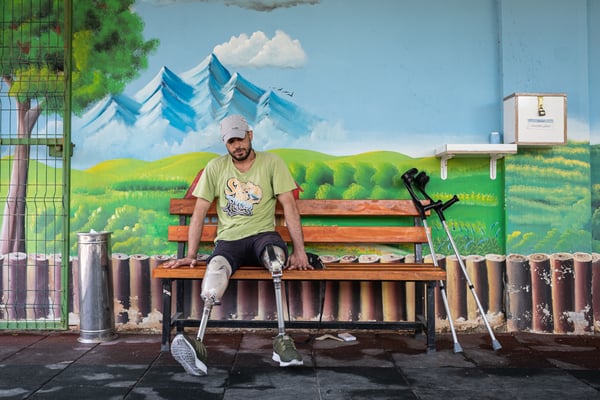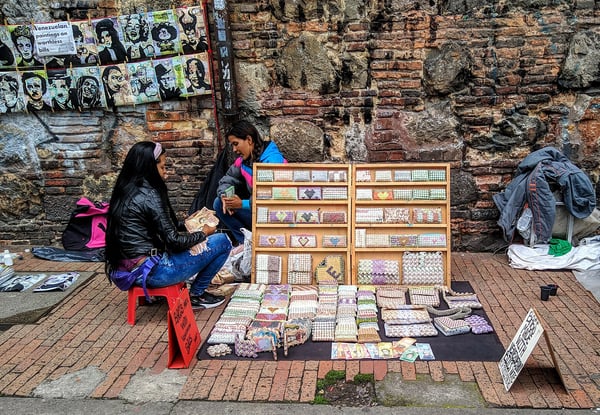Christina Clark-Kazak researches forced migration policy in Canada and globally. She has served as...


Christina Clark-Kazak researches forced migration policy in Canada and globally. She has served as...



In the fourth video in the forced migration series, Professor Clark-Kazak presents the key actors...
Introduction to Forced Migration by Christina Clark-Kazak part 7: Intersectionality and Forced Migration
People have differential experiences of forced migration because of intersecting power relations and structures, including: gender, sexual orientation, (social) age, disability, class and racialization. In this seventh part of the forced migration series, Professor Clark-Kazak uses Kimberlé Crenshaw’s concept of intersectionality to help to understand lived experiences of forced migration.
By Christina Clark-Kazak
Christina Clark-Kazak works as a Full Professor at University of Ottawa’s Graduate School of Public and International Affairs. She served as the President for the International Association for the Study of Forced Migration and worked as the Editor-In-Chief for Refuge: Canada’s Journal on Refugees. In the past she has worked for Saint Paul University, York University, the Canadian Government as well as the Coalition to Stop the Use of Child Soldiers. She held the position of president for the Canadian Association for Refugee and Forced Migration Studies. She worked as Director of York University’s Centre for Refugee Studies and Associate Principal at the University’s bilingual Glendon Campus. She focuses her research on age discrimination in migration and development policy, political participation of young people, and inter-disciplinary methodologies. Professor Clark-Kazak holds a doctorate from Oxford, a master’s from Cambridge, and a BA from the University of British Columbia.Also Read